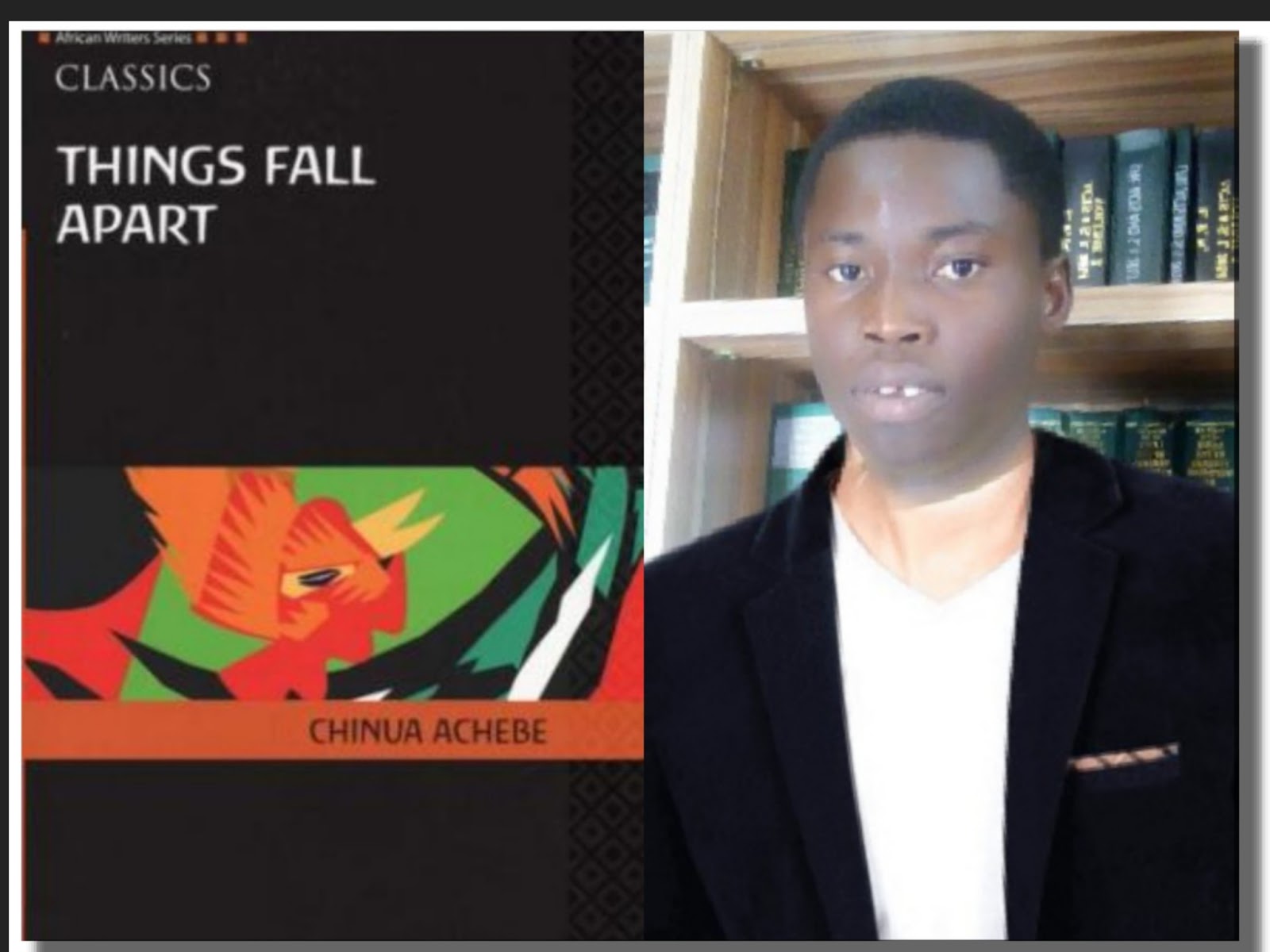Summary of The Stillborn (written by Zaynab Alkali) by Lene Ododomu
Summary of The Stillborn by Zaynab Alkali, done by Lene Ododomu.
Brief Introduction: The story, The Stillborn born is a 1984 novel written by the award winning first Northern Nigerian female writer named Prof. Zaynab Alkali. She is a feminist writer and "The Stillborn" is her first literary work. Unlike other feminist writers, she does not write to advocate for equality between male and female gender, but her main concern is female education. She believes that if women strives to fulfill their potential, that they would be considered as valuable beings in the society.
Plot Summary: The story of the novel revolves around a young lady named Li also known as Mwapu who had the desire to make it in life. She agitates for liberation as modernization control her mind. One day, she complained to Awa, her older sister and brother, Sule, while sitting in the cooking hut, that at 18, she, Awa who is the eldest had not gotten married due to the fact that their freedoms are restricted by the tradition. By their age, they are expected to go out to meet with friends and made themselves to be noticed by their future's husbands but they are ill-fated to have the opportunity. Infact: "It's worse than a prison", (Chapter 1, page 3).
Sule was in support of Li but Awa contributed no interest due to her submissiveness to the tradition. According to her, that the city will come to them.
Li rejects the "don'ts". She got married to Habu Adams and her dream of going to the city was accomplished. Although life became unbearable to her. She had several misfortunes and maltreatment in her marriage. She was abandoned in the city by her husband, Habu. From deep description, her marriage was ill-fated because she lost a matrimonial happiness.
"Where is my man? That boyist man with an incredible smile and a mischievous twinkle in the eye? Where is that proud, self- confident, half-naked lover that defied the laughter of the villagers and walked the length and breadth of the village just to see me?", (Chapter 7, page 70).
Li's dreams became contrary to her wishes (irony). She returns to the village with the child she had with Habu. She fixed back herself and returned to the city autonomously to further her studies.
Thousands of suitors came to her way, especially Ahlaji Bature who is the son of the soil and also a rich business-man, but she ignores all. Ahlaji Bature was willing to help the family financially, but Li believe that he is a greed man. He is ironically doing the so called 'eyed service' to achieve what he wants.
Also, her husband's family beg for her return. Umoru, Habu's junior brother wrote: "Come back, our wife", ( Chapter 8, page 82).
Habu also sent friends to beg for her return and also came by himself, but she gives no approval.
Li was valued to the extend that: " Habu's parents are troubled. They have been coming to see grandfather five times since you left. The last time they came, they brought two lives chickens! You can see how much I am worth, daughter of my mother, two live chickens", (Chapter 8, page 90).
As time went on, she returned to Habu as she considered his plight after he involves in a terrible accident which paralyzed his two legs.
However, the title "The Stillborn" is a reference to her ill-fated dream of marriage. According to her in chapter nine, page 104: "I spent my entire life dreaming, I forgot to live. It is well to dream, child. Everybody does, and as long as we live, we shall continue to dream. But it is also important to remember that like babies dreams are conceived but all dreams are born alive. Some are aborted. Others are stillborn". What she meant here is that we are all conceived with a dream. Some lucky to born with the dream and while others are unlucky to born with it and she is a symbol of that ill-fated category through the experience of her difficult marriage.




Comments
Post a Comment